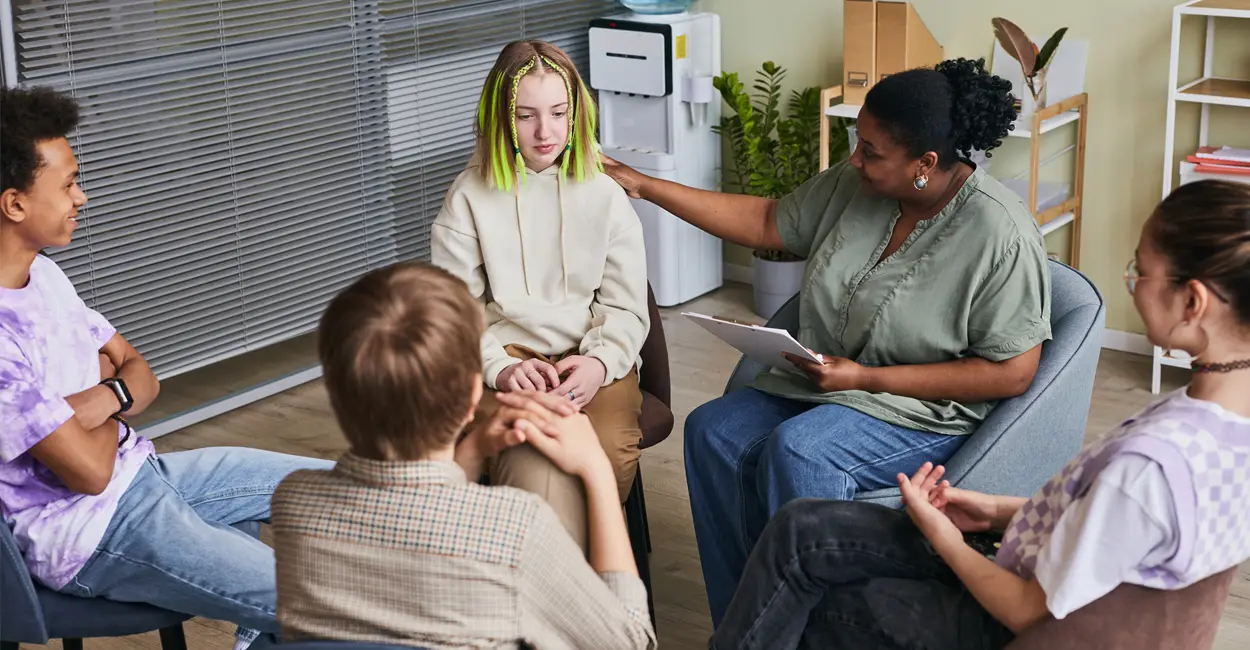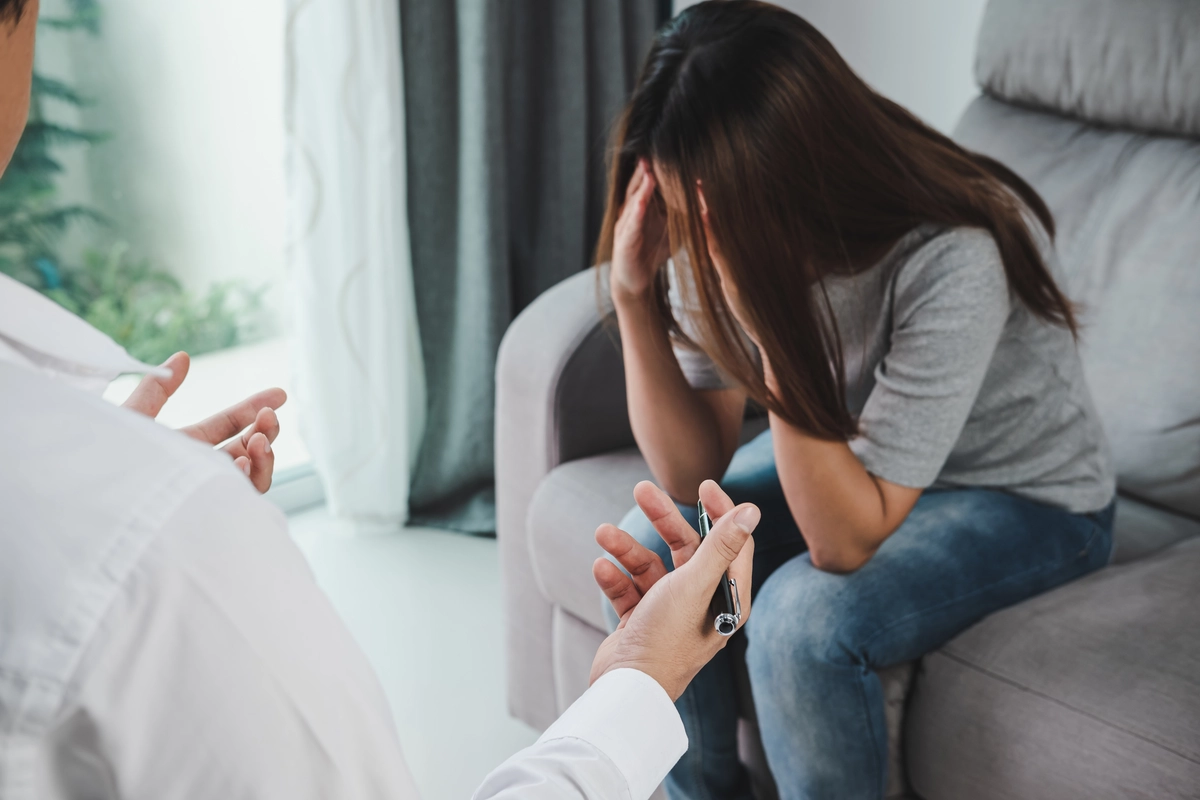24/7 Helpline:
(866) 899-221924/7 Helpline:
(866) 899-2219
Learn more about PTSD Treatment centers in Union County

Other Insurance Options

Holman Group

Humana

PHCS Network

Medical Mutual of Ohio
Beacon

Optum

CareSource

Sliding scale payment assistance

Anthem

Coventry Health Care

Carleon

UMR

Covered California

WellPoint

EmblemHealth

Private insurance

Providence

Magellan Health

Highmark

Choice Care Network

Oxford Treatment Center
Oxford Treatment Center, in Etta, Mississippi, is a luxury, 12 step focused drug and alcohol rehab f...










































